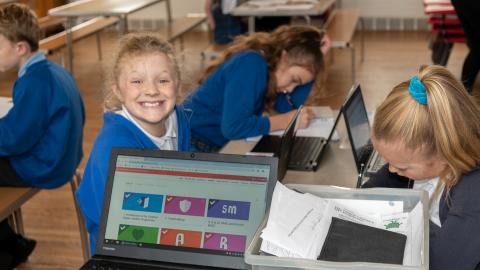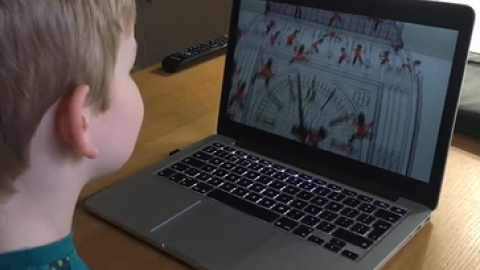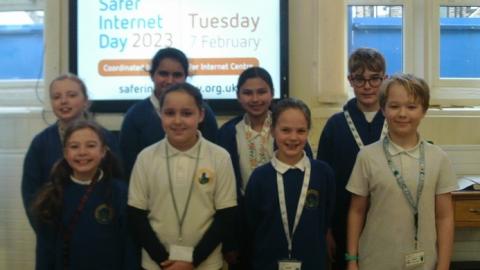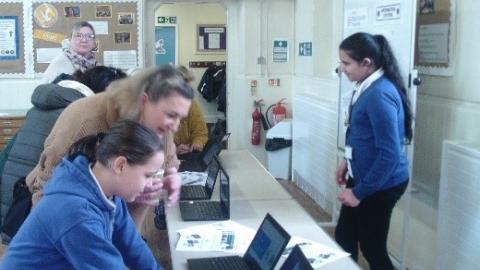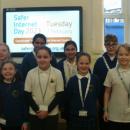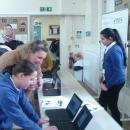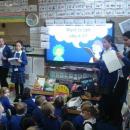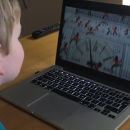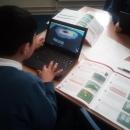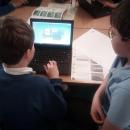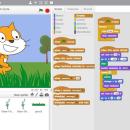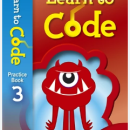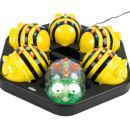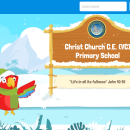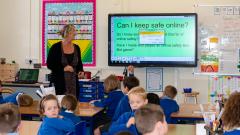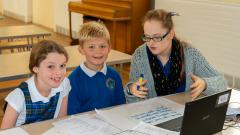At Christ Church School we recognise that we are living in an increasingly digital world where a wealth of software, tools and technologies are used to communicate, collaborate, express ideas and create digital content. Through the provision of a high-quality computing curriculum we will equip pupils with the computational thinking and creativity that they need to benefit from these technologies safely.
Our curriculum has been split into 3 strands: The Online World, Digital Literacy and Algorithms and Programming.
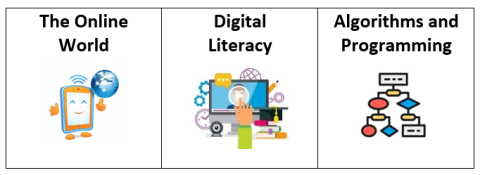
The Online World
Children will learn to become responsible, competent, confident and creative users of information and communication technology. This begins with our school learning platform, DB Primary, and extends to wider forms of communication, including instant messaging and some of the popular social networks that they may begin to use as they get older. They will learn rules of internet safety and etiquette so that they can get the most out of online communication and collaboration, whilst protecting themselves and their personal and private information. They will know what to do if something goes wrong and understand the increasing responsibilities they have in keeping themselves safe and protected online as they approach secondary school and beyond.
Digital Literacy
Children build on the digital literacy skills used for communication in The Online World. They will learn to use technology purposefully to create, organise, store, manipulate and retrieve digital content. This includes undertaking online research, critically evaluating the information they find online and communicating their knowledge and ideas digitally using a range of software and technologies. These skills are essential in the modern world, where information, services, communication and even jobs are often dependent on digital literacy.
Algorithms and Programming
Children will be taught the principles of computation, how digital systems work, and how to put this knowledge to use through programming. They will create and refine algorithms to control external devices and on-screen robots with increasing complexity. Through learning to code, children will use skills such as critical thinking, problem-solving, creativity and resilience, and will be equipped to use information technology in a range of contexts. These skills are invaluable for their future work prospects and as active participants in a digital world.
SEND
We recognise that some children with SEND may be more vulnerable to online bullying and manipulation. It is important that all children can access and understand the e-safety messages that run throughout computing. Some children may require additional practice to implement e-safety rules. E-safety rules should be permanently displayed around school with pictorial cues as well as words to support recall and understanding. Instructions for tasks are given in small steps, with adults modelling the steps on the whiteboard to support memory and understanding. Children with SEND may have additional adult support in the classroom or partner up with a buddy to complete tasks together.

